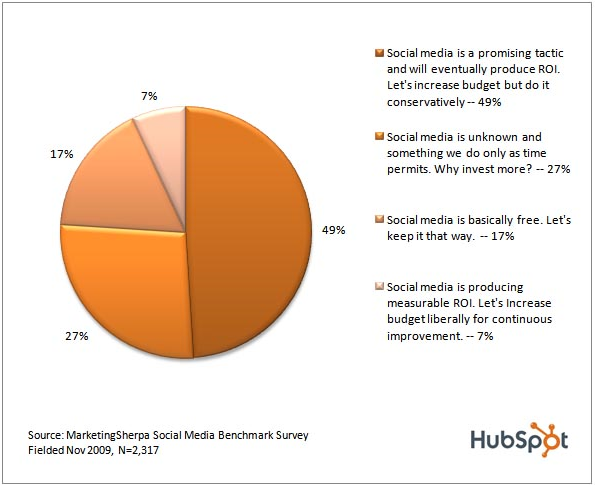Should your firm accept walk-in clients?
 From Justin Rebello of Lawyer's Weekly:
From Justin Rebello of Lawyer's Weekly:
Some lawyers are even acting contrary to the old credo that the client shouldn’t pick the lawyer; the lawyer should pick the client, and taking clients that simply walk in the door.
But is it a good idea to take on walk-in clients?
Thomas Gallagher, a criminal defense lawyer in Minneapolis, said many walk-in clients have done very little research about his firm or even his practice area. Some are more in need of the police or a social worker. Others have had mental health issues.
But, he added, “It’s not terribly different than potential clients who call you on the phone.”
If you do decide to take walk-ins, set up a screening process, such as having an office manager or trained receptionist speak to the person before he or she can see you, said Chicago marketing consultant Larry Bodine.
That screening should include a 3-4 page form (similar to one you would fill out in a doctor’s office) describing the client and his or her case.
It might also be prudent to inquire how the potential client would be able to pay the legal bills, said Bodine.
“The advantage of having an intake form like this,” he said, “is the client can be told up front if the case is out of your wheelhouse.”
If that happens, you can refer the client to a more appropriate attorney, said Bodine, which will hopefully incline that attorney to refer clients to you in the future.
Even with a good intake procedure in place, Bodine generally isn’t a fan of walk-in clients.
The risk, he said, is you’ll “have a totally unfocused practice doing things you are not good at and don’t like to do.”
“Walk-in clients are shoppers,” he continued. “They are most likely going to come in, waste 45 minutes to an hour of your time and move on.”
But sometimes walk-ins can pan out, said Gallagher.
“I had one client walk in and tell me he was an Evangelical Christian and God had guided him to my office,” he said. “Once I got past that, and heard about his case, I took him on as a client.”
 Facebook has increasingly become a source of marketing efforts by law firms. For instance, see
Facebook has increasingly become a source of marketing efforts by law firms. For instance, see  The social media guy
The social media guy A national survey conducted by
A national survey conducted by  For years, Web content creators had to worry whether they had the proper level of search-engine optimization to make sure search engines listed them among the top results. Now, they have to consider social-media optimization.
For years, Web content creators had to worry whether they had the proper level of search-engine optimization to make sure search engines listed them among the top results. Now, they have to consider social-media optimization.


 Gartner Research predicts marketing with technology for 2010 in a
Gartner Research predicts marketing with technology for 2010 in a  Baby Boomers are spending more time on the Internet than ever, according to new
Baby Boomers are spending more time on the Internet than ever, according to new 
 Anita Campbell, the Founder of
Anita Campbell, the Founder of  There are six "judicial hellholes," five jurisdictions on the "watch list," four "dishonorable mentions" and 16 lawyers in the "rogue's gallery" in the list of plaintiff-friendly jurisdictions named by the American Tort Reform Foundation (ATRA). "Judicial Hellholes are places where judges systematically apply laws and court procedures in an unfair and unbalanced manner, generally against defendants in civil lawsuits," the organization's
There are six "judicial hellholes," five jurisdictions on the "watch list," four "dishonorable mentions" and 16 lawyers in the "rogue's gallery" in the list of plaintiff-friendly jurisdictions named by the American Tort Reform Foundation (ATRA). "Judicial Hellholes are places where judges systematically apply laws and court procedures in an unfair and unbalanced manner, generally against defendants in civil lawsuits," the organization's  The "ATRA Gold Medal" went to Oklahoma, for enacting tort reform by reducing appeals bonds for defendants, requiring experts to file a "certificate of merit for professional negligence," limiting class actions, limiting joint and several liability, limiting noneconomic damages, exempting fast-food outlets from obesity cases, and lowering and delaying prejudgment interest.
The "ATRA Gold Medal" went to Oklahoma, for enacting tort reform by reducing appeals bonds for defendants, requiring experts to file a "certificate of merit for professional negligence," limiting class actions, limiting joint and several liability, limiting noneconomic damages, exempting fast-food outlets from obesity cases, and lowering and delaying prejudgment interest.  You can't get it yet, but when Lexis for Microsoft Office (LMO) comes out by June 2010, there will be no extra charge for the additional functionality. You have to have a LexisNexis subscription that lets you access the information LMO can get, but otherwise the company will waive the cost on the first iteration, according to Clemens Ceipek, Vice President and Managing Director of "New Lexis."
You can't get it yet, but when Lexis for Microsoft Office (LMO) comes out by June 2010, there will be no extra charge for the additional functionality. You have to have a LexisNexis subscription that lets you access the information LMO can get, but otherwise the company will waive the cost on the first iteration, according to Clemens Ceipek, Vice President and Managing Director of "New Lexis."



